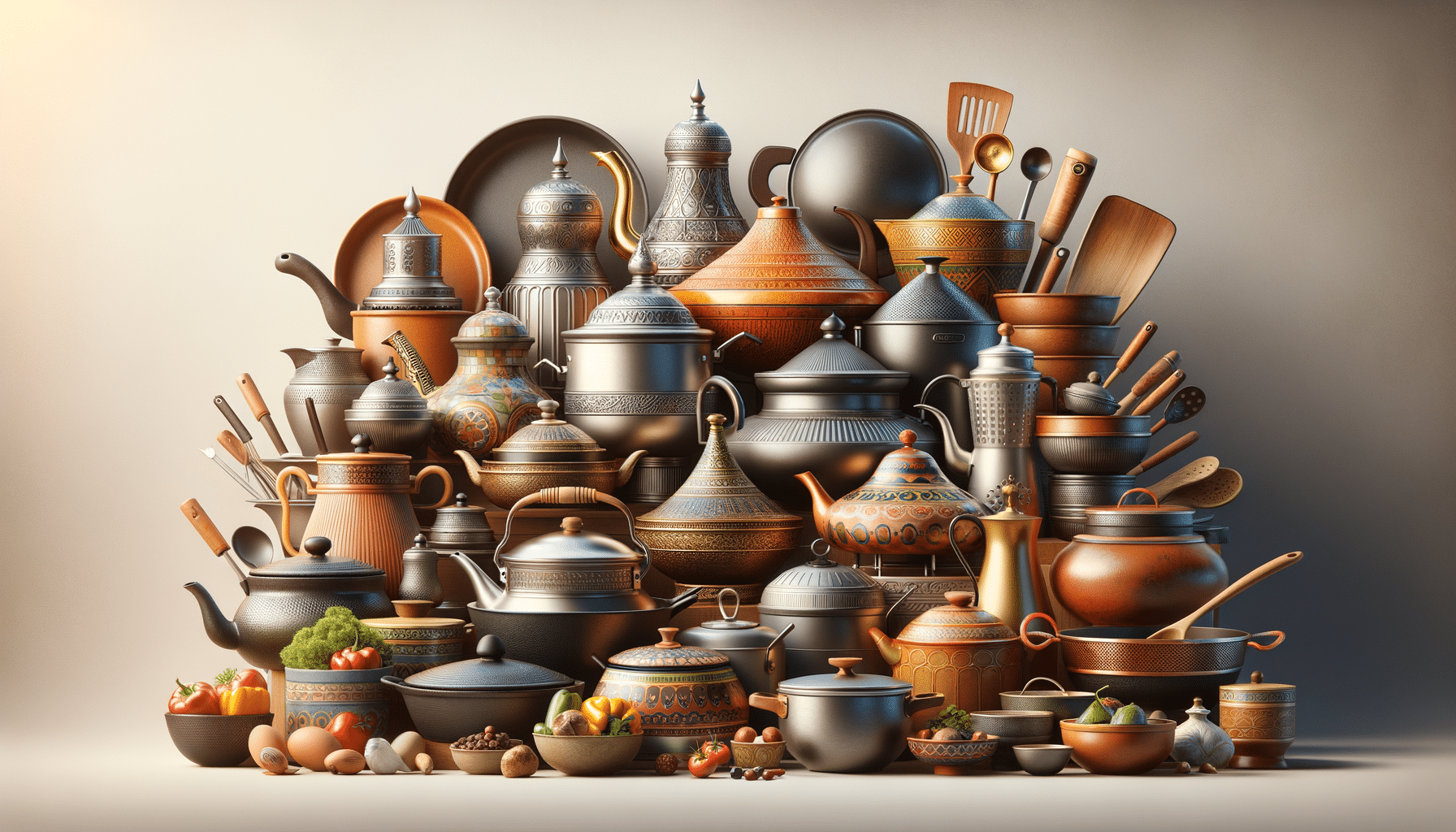Exploring the World of Cookware: A Comprehensive Guide
Discover the essential aspects of cookware, from materials to maintenance, to enhance your culinary experience.

Introduction to Cookware
In the realm of culinary arts, cookware plays a pivotal role in determining the quality and ease of cooking. Whether you’re a seasoned chef or a home cook, understanding the nuances of cookware can significantly enhance your cooking experience. This guide delves into various aspects of cookware, offering insights into material choices, maintenance tips, and more.
Materials Matter: Choosing the Right Cookware
One of the most crucial decisions when selecting cookware is the choice of material. Each material offers unique benefits and can affect cooking performance in different ways. Here are some common materials used in cookware:
- Stainless Steel: Known for its durability and non-reactive nature, stainless steel is a popular choice for many. It provides even heat distribution and is easy to maintain.
- Cast Iron: Renowned for its heat retention properties, cast iron is perfect for slow cooking and frying. It requires regular seasoning to maintain its non-stick surface.
- Non-Stick: Ideal for low-fat cooking, non-stick cookware is easy to clean but requires careful handling to avoid scratching the surface.
- Copper: Offers excellent heat conductivity, making it a favorite among professional chefs. However, it requires regular polishing to maintain its appearance.
Understanding the properties of these materials can help you make an informed decision that suits your cooking style and needs.
Cookware Maintenance: Tips for Longevity
Proper maintenance is essential to ensure the longevity and performance of your cookware. Here are some general tips to keep your cookware in top condition:
- Cleaning: Always follow the manufacturer’s instructions for cleaning. Avoid using abrasive cleaners or metal scouring pads that can damage the surface.
- Storage: Store cookware in a dry place to prevent rusting, especially for cast iron and carbon steel pans.
- Seasoning: Regularly season cast iron and carbon steel cookware to maintain their non-stick properties.
- Handling: Use wooden or silicone utensils to prevent scratching non-stick surfaces.
By following these maintenance tips, you can extend the life of your cookware and ensure it performs optimally for years to come.
Cookware Innovations: The Future of Cooking
The world of cookware is continually evolving, with innovations aimed at enhancing cooking efficiency and safety. Recent trends include:
- Eco-friendly Cookware: Made from sustainable materials, these options minimize environmental impact.
- Smart Cookware: Equipped with sensors and connectivity features, smart cookware can monitor cooking temperatures and times, providing a seamless cooking experience.
- Induction Compatibility: As induction cooking gains popularity, more cookware is designed to be compatible with induction cooktops.
These innovations not only improve the cooking process but also offer environmentally conscious solutions for modern kitchens.
Conclusion: Enhancing Your Culinary Journey
Cookware is more than just a tool; it’s an integral part of the culinary journey. By understanding the different materials, maintenance practices, and innovations, you can choose cookware that complements your cooking style and enhances your culinary creations. Whether you’re exploring new recipes or perfecting old favorites, the right cookware can make all the difference in your kitchen.